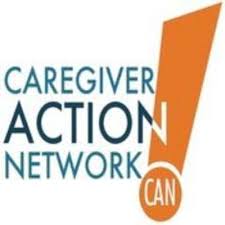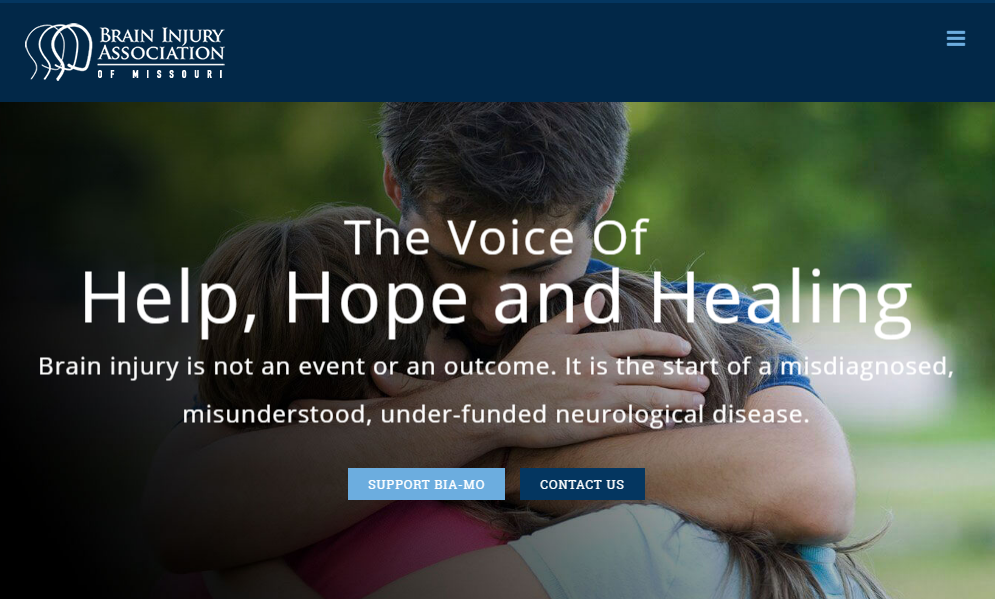Did You Miss National HIV Testing Day?
By Tai of Allsup
National HIV testing day was June 27. The day may be over, but the need for people get tested is not.
According to the Centers for Disease Control and Prevention (CDC), about 1.2 million people in the U.S. are living with HIV, but one in eight people don’t know they have it. That’s one reason why the CDC advocates for routine voluntary HIV screening as a normal part of medical practice for all patients aged 13-64.
Additional reasons why the CDC recommends routine HIV screening:
- HIV infection is a serious health disorder that can be diagnosed before symptoms develop.
- Infected patients have years of life to gain if treatment is initiated early, before symptoms develop.
- The costs of screening are reasonable in relation to the anticipated benefits.
- Thirty percent of new HIV infections are transmitted by people who are living with undiagnosed HIV.
The CDC estimates that more than 90 percent of new HIV infections in the U.S. could be prevented by testing and diagnosing people living with HIV and making sure they receive early, ongoing treatment.
However, despite the benefits of HIV testing, nationwide, only 42 percent of people aged 18-64 report ever getting tested, according to the Kaiser Family Foundation.
According to the nonprofit organization Medwiser, barriers to testing include stigma, fear, people not thinking they are at risk, and physician and healthcare systems not being aware of screening recommendations.
Find Confidential HIV Testing
Most preventive healthcare, such as HIV testing, is fully covered by private insurance, Medicaid and Medicare. Under the Affordable Care Act, most health insurance plans must cover HIV testing for everyone ages 15 to 65, and for people of other ages at increased risk—without additional cost-sharing, such as copays or deductibles.
Medicare covers HIV testing once every 12 months and up to three times during a pregnancy. Medicaid coverage of routine HIV screening varies by state.
Even if you don’t have health insurance, you may be able to access free, fast and confidential testing near you. Visit the CDC’s website at https://gettested.cdc.gov/ for a site locator.
HIV/AIDS and SSDI
Today, HIV is a manageable disease. According to AIDS.gov, most people with HIV/AIDS can continue working, and their overall well-being and financial health can be more stable when they are gainfully employed.
For those who aren’t able to continue working due to HIV/AIDS, Social Security Disability Insurance (SSDI) can offer a monthly income, access to Medicare, and help returning to work.
A recent Social Security study found that Social Security disability beneficiaries with HIV/AIDS were among those most likely to be employed.
However, the best way to avoid the need for SSDI due to HIV/AIDS is to get tested. Take the test and take action to protect your health.
Allsup
Related Articles

Uncategorized
Helping Family Caregivers With What They Need to Know

Uncategorized
Understanding MS and Disability Benefits

Uncategorized
BIA-MO Gets Real about Brain Injury Awareness

